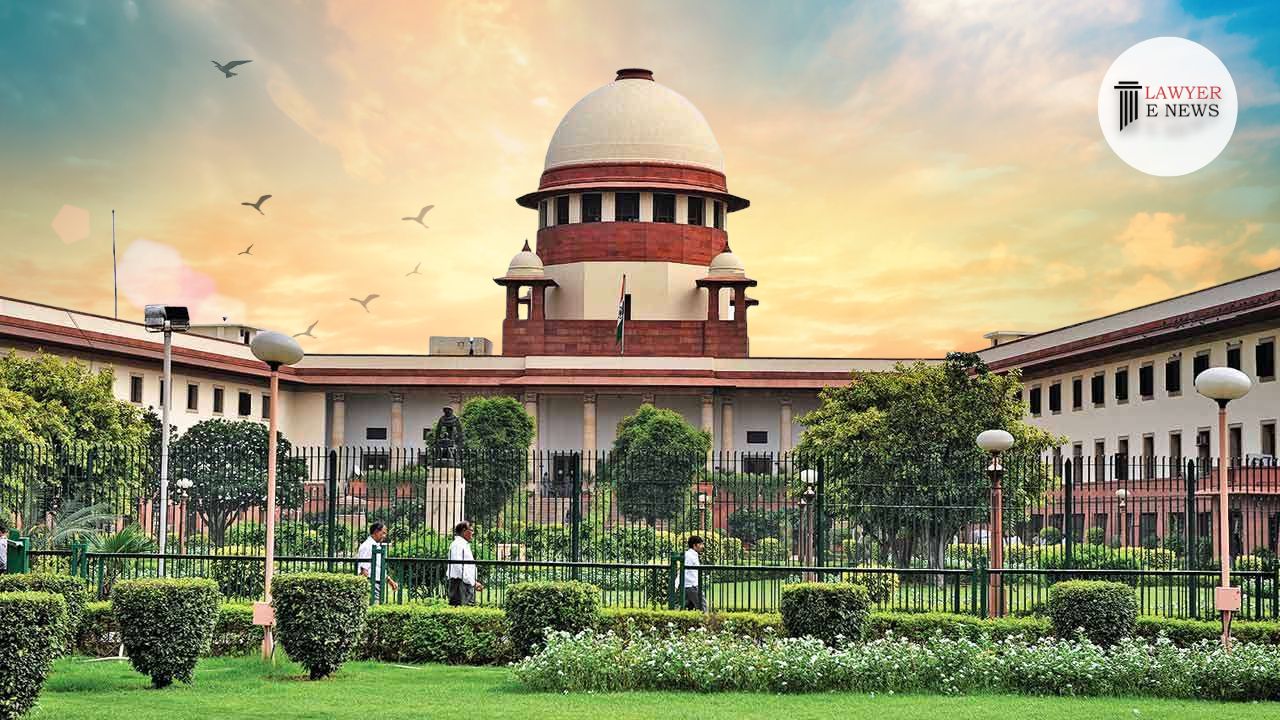-
by Admin
16 February 2026 1:47 PM



New Delhi, January 19, 2023: In a significant ruling today, the Supreme Court of India emphasized that prior approval of the Director of Education is mandatory before terminating an employee in recognized educational institutions. The apex court observed that the non-compliance of this requirement renders the termination null and void.
The judgment was delivered by a bench comprising Justice M. R. Shah and Justice C.T. Ravikumar. The court overturned the decision of the High Court of Judicature for Rajasthan, which had upheld the termination of an employee in a case pertaining to Adarsh Siksha Parisad Samiti & Ors. vs. Gajanand Sharma.
The bench, in its judgment, stated, "No employee of a recognized institution shall be removed, dismissed, or reduced in rank unless prior approval of the Director of Education has been obtained." It further emphasized that this provision, as outlined in Section 18 of the Rajasthan Non-Governmental Educational Institutions Act, 1989, applies irrespective of whether the termination follows disciplinary proceedings or not.
The Supreme Court reaffirmed its earlier decision in the case of Raj Kumar vs. Director of Education and Ors. (2016) 6 SCC 541, which held that prior approval of the Director of Education is mandatory before terminating an employee in a recognized institution. The court rejected the contention put forth by the management that the Raj Kumar decision did not consider the earlier ruling in T.M.A. Pai Foundation vs. State of Karnataka (2002) 8 SCC 481.
The bench criticized the Division Bench of the High Court for failing to follow the binding decision of the Supreme Court and making incorrect observations about the consideration of the T.M.A. Pai Foundation decision in the Raj Kumar case. The court emphasized the importance of judicial discipline and thorough reading of judgments before arriving at conclusions.
Consequently, the Supreme Court set aside the High Court's judgment and restored the order of the learned Tribunal, which had previously set aside the employee's termination. The appellant, Gajanand Sharma, will be reinstated in service with 50% back wages. The court also directed that the appellant be entitled to all other benefits, including seniority, on a notional basis.
The Supreme Court further remanded one of the appeals to the High Court for fresh consideration on its merits.
Date of Decision: January 19, 2023
Gajanand Sharma VS Adarsh Siksha Parisad Samiti & Ors.
